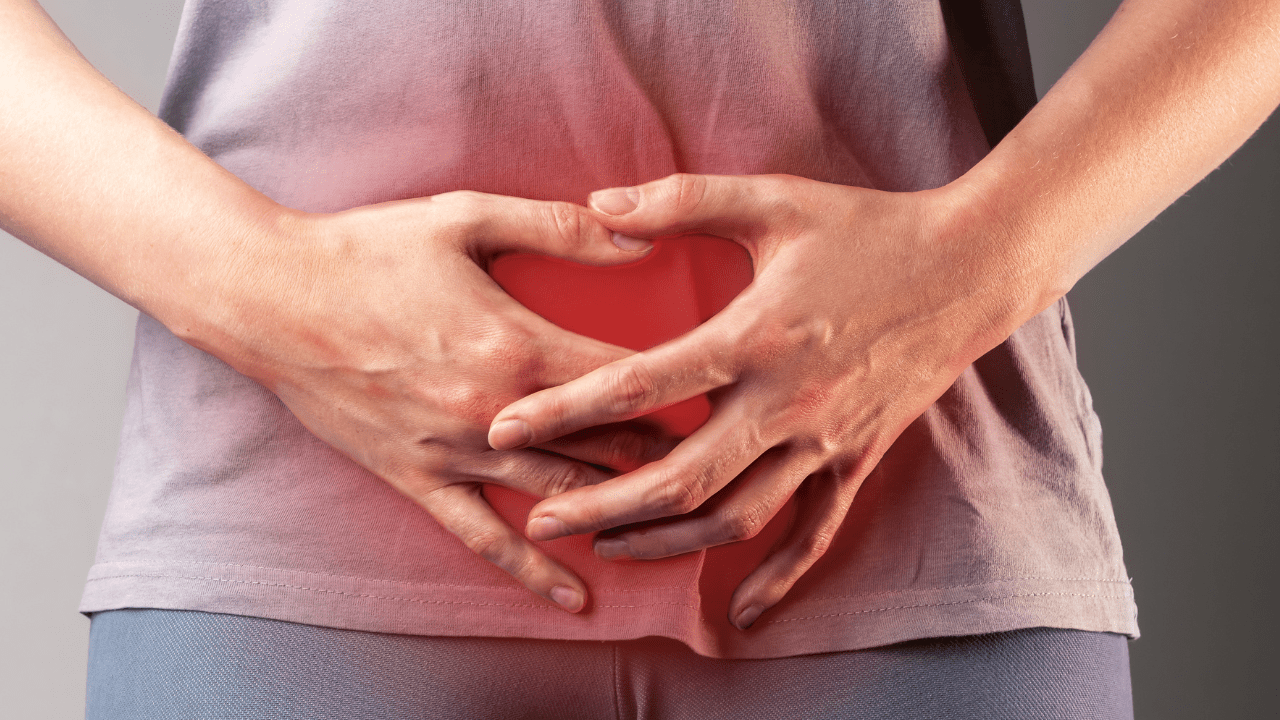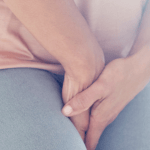As you go through menopause, it may become harder to control your bladder. It’s another symptom reported by many women and changes in your body and hormones can cause it.
Incontinence is common. Women are suddenly going to notice they have some leakage when they cough, laugh a lot, and jumping when exercising. Muscle weakness caused by aging or injuries during childbirth, and even prescription medication can contribute. Decreased estrogen may cause thinning in the lining of the urethra, the tube that empties the urine from the bladder.

Problems may include a frequent need to urinate, a sudden urge to urinate even though your bladder is not full, and the need to urinate more often during the night. If you’re experiencing these things and are wishing that a Huntsman will come and finish you off in the forest, a little Snow White humor, you’re not alone.
What can you do to manage incontinence during menopause? Here a a few steps you can take to ease your symptoms during menopause.
1. Strengthen your pelvic floor.
Having a strong pelvic floor while you’re going through perimenopause and menopause is so important so that it’s more capable of controlling your bladder and little leaks.
2. Avoid caffeine and alcohol.
Avoid these as much as you can as they can irritate your bladder and cause feelings of urgency.







